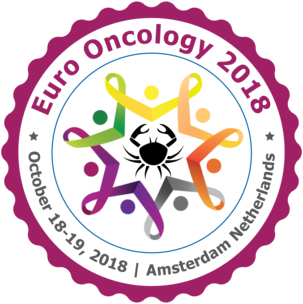
Manisha Yadav
Jawaharlal Nehru University, India
Title: Histamine receptor mediates EGFR-independent anti-leukemic activity of an EGFR inhibitor “Gefitinibâ€
Biography
Biography: Manisha Yadav
Abstract
Background: Epidermal growth factor receptor (EGFR) inhibitor gefitinib (Iressa) is a synthetic anilinoquinazoline, which is extensively used for treating non small cell lung cancer. Apart from its anti-cancer activities against several cancers, gefitinib was also reported to show MAPK dependent anti-leukemic effects in EGFR-deficient acute myeloid leukemia (AML) cell line HL-60 and patients. However, it is still unclear to how gefitinib induces these effects in cells that lacks its target. Therefore our aim was to decipher the underlying mechanism of action of gefitinib in AML cells. Gefitinib was found to reduce intracellular cyclic AMP and induce cytostatic effects in EGFR-rich and EGFR-deficient cell lines both. As a next logical step, a GPCR profiling study was done that revealed that gefitinib regulates a number of GPCRs. However, the radioligand competition and functional assays suggested that gefitinib inhibits histamine receptors. This was further confirmed by the activation of histamine receptors by pharmacological agonists followed by assessment of gefitinib mediated effects in AML cells, which suggested that histamine receptor inhibition is necessary for gefitinib mediated effects in AML cells. The co-immunoprecipitation studies also validated the interaction of EGFR and Histamine receptor 4. In the end we concluded that our results indicate the involvement of histamine receptors in gefitinib mediated EGFR-independent anti-proliferative effects. Thus our report provides new insights into gefitinib mode of action, and also indicates that other EGFR inhibitors displaying anti-leukemic properties may display similar signaling attributes and can contribute towards gefitinib related non-targeted response.

